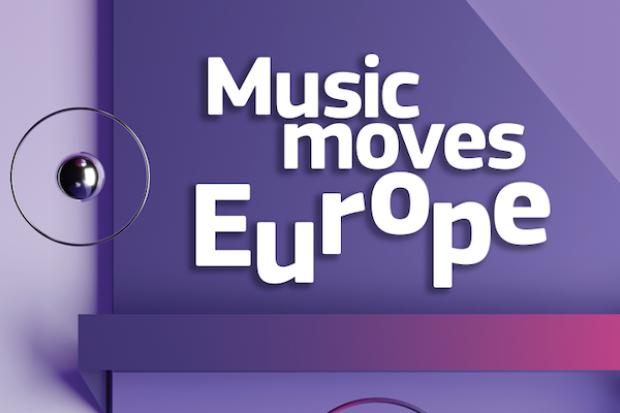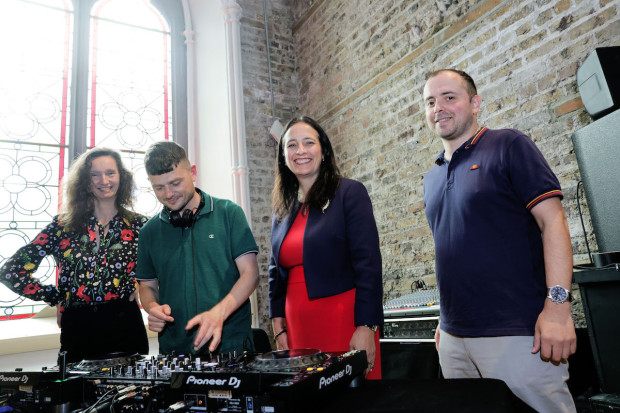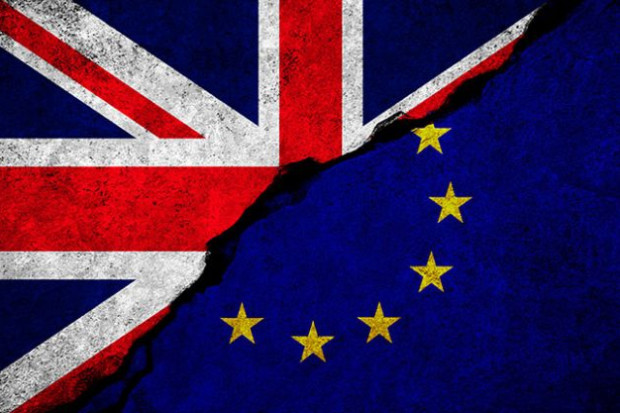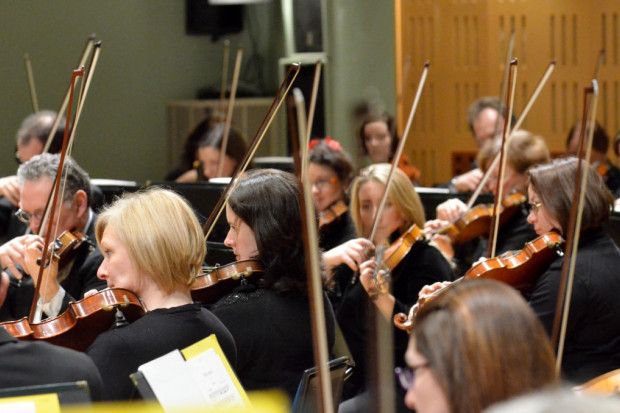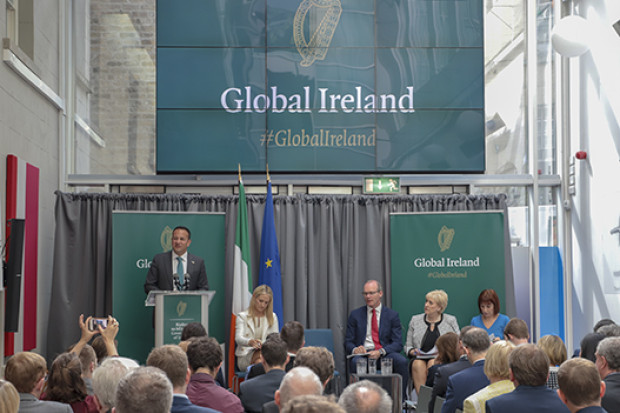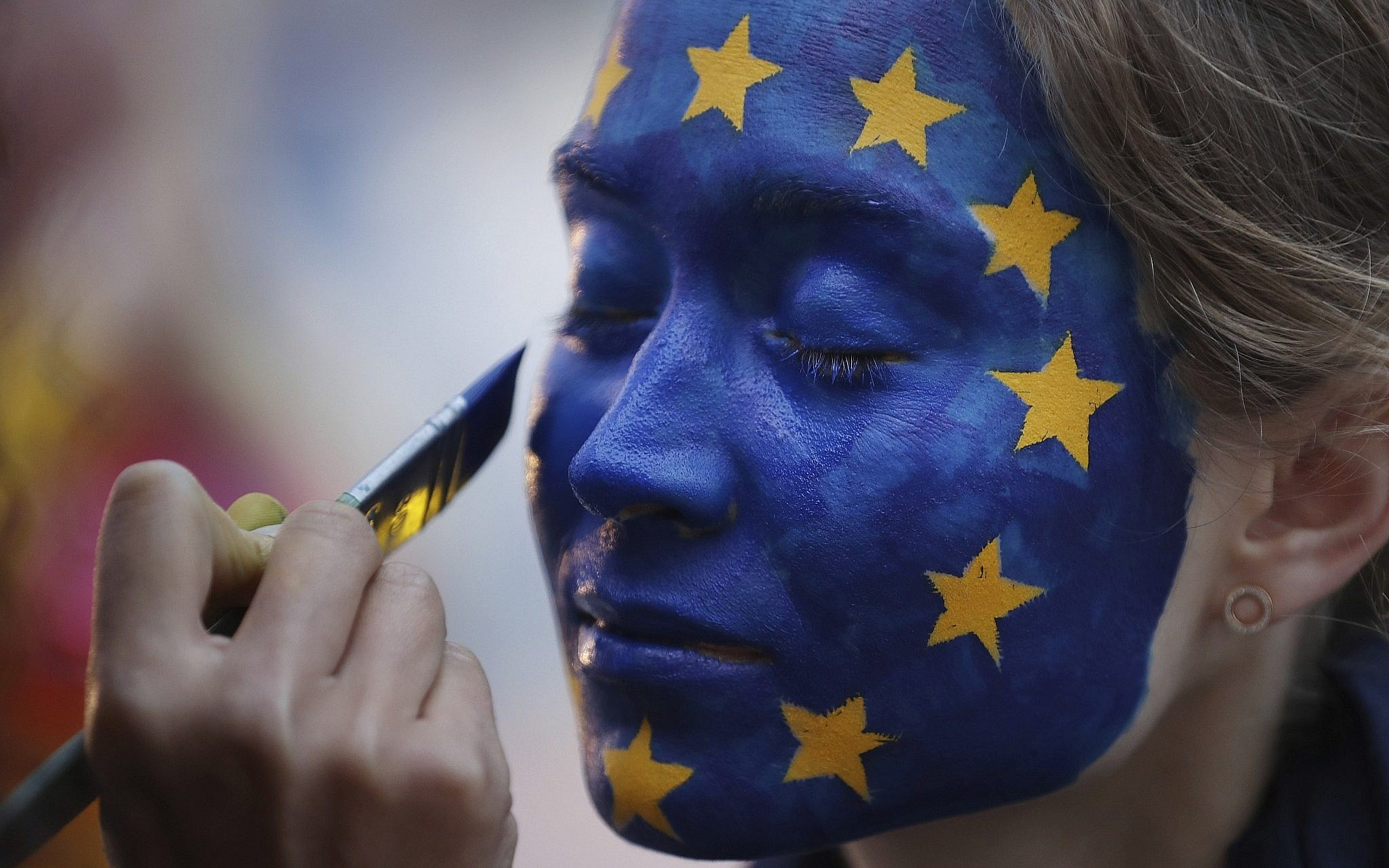
Culture is increasingly seen as being key to cohesion in European societies.
What do the EU Election Results Mean for Music and the Arts?
With the climate emergency, populism and Brexit as key issues, there was little discussion of music and the arts during the recent campaigns for the European Parliament.
The reality is that the majority of the 751 elected politicians are likely to continue to support the EU’s Work Plan for Culture 2019–2022, which was adopted by the European Parliament last November.
But what is the Work Plan and what does it mean for music and the arts?
Priorities
The 25-page document contains five priorities that range across heritage, culture, the arts, music, and gender. They are: ‘sustainability in cultural heritage’; ‘cohesion and well-being’; ‘an ecosystem supporting artists, cultural and creative professionals and European content’; ‘gender equality’; and ‘international cultural relations’.
Each of these priorities is broken down into a number of actions, mostly studies, working groups and meetings, but generally all working towards ‘concrete measures under the Creative Europe programme by 2022’ – the Creative Europe progamme is the main source of funding for the arts in the EU.
So does this mean more support for culture?
There are no specific budget figures included in the Work Plan, although last May the European Commission increased its culture budget from €1.46 billion for 2014–20 to €1.85 billion for 2021–2027. It’s clear from the wording in the Work Plan that the arts and culture are increasingly seen as being key to cohesion in European societies.
What about music?
Specifically with regard to music, however – and, interestingly, music is the only art form that is singled out for attention in the plan – there is a section titled ‘Diversity and Competitiveness of the Music Sector’.
Concerns over the payment of musicians online and the lack of visibility of non-American and non-British music on streaming platforms has already led to the establishment of Music Moves Europe, an initiative to address some of these issues. It has commissioned a number of studies on music in Europe which are expected to be published by the end of this year.
The Work Plan states there will be ‘workshops’ on the topic of music throughout 2020 and then ‘possible’ European Council proposals for the sector in the first half of 2021.
Will the role of arts, music and culture in European society be an even more important issue for the EU by then? It is quite possible. To download the Work Plan for Culture 2019–2022, see below.
In the meantime, Creative Europe is funding various cross-border European projects, including the Big Bang Project for children, which was run by 12 European arts organisations (including The Ark in Dublin) and received funding of €1.9m; Classical Futures Europe, which supports classical musicians under 35 and received €500k; the International Music + Media Centre in Vienna, which received €250k; the European Music Council, a network of European music organisations (€250k); the European Composer and Songwriter Alliance (€176k); and the European Early Music Network (€144k).
For more on Creative Europe funding, visit https://ec.europa.eu/programmes/creative-europe/node_en












